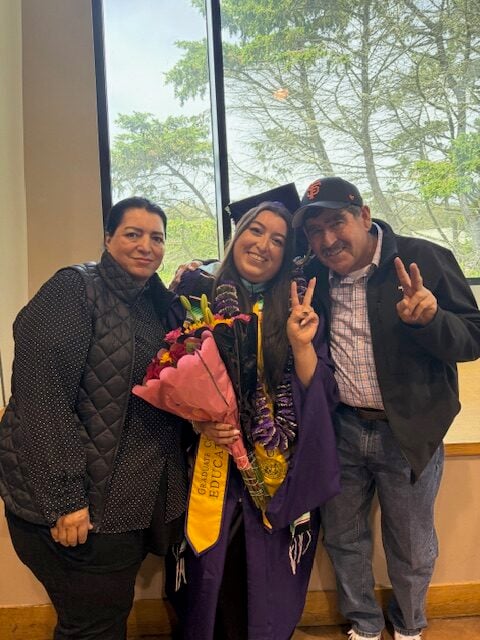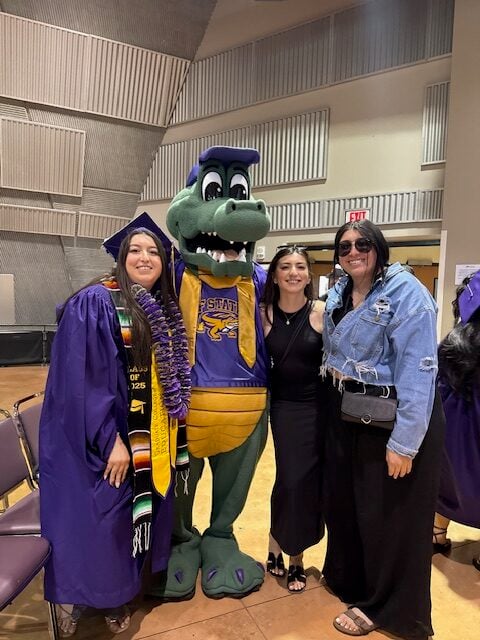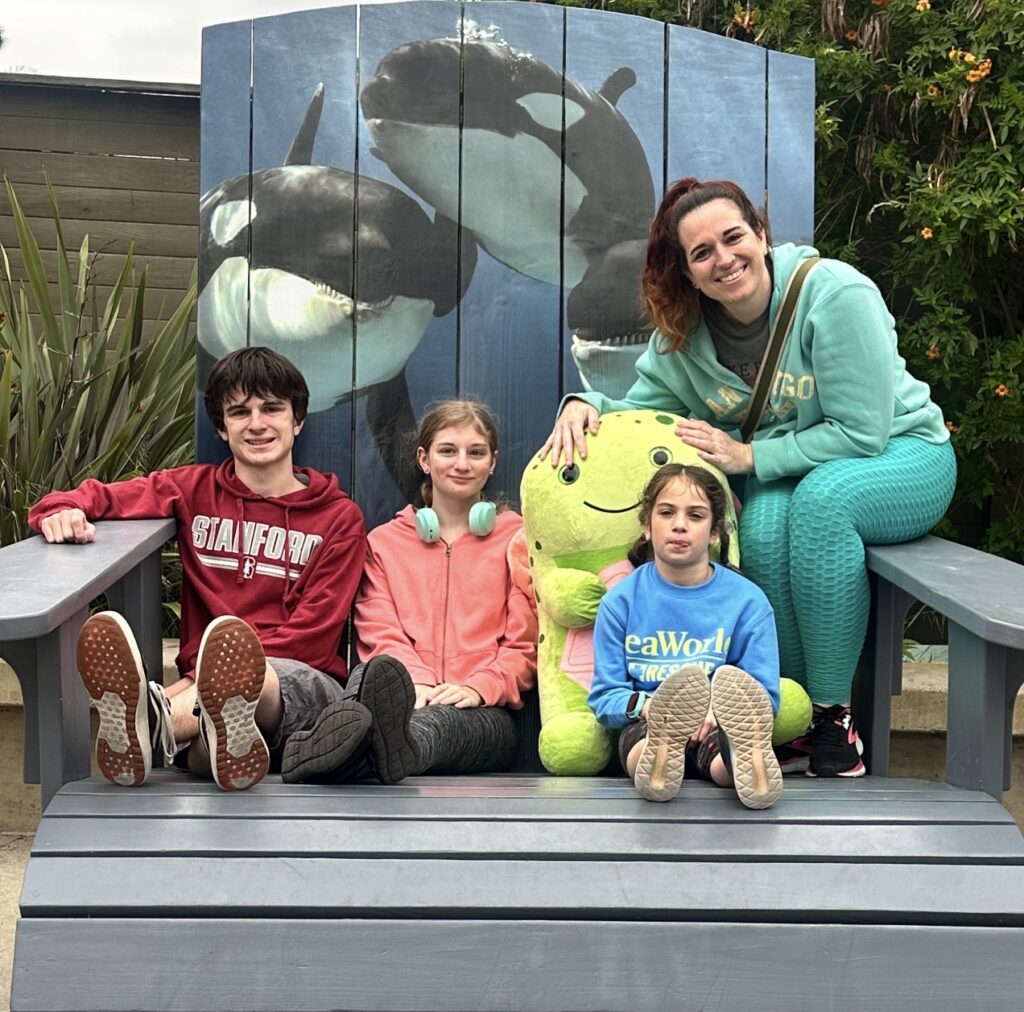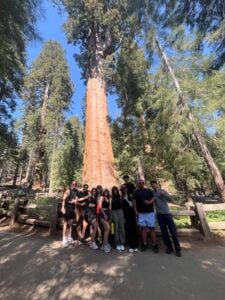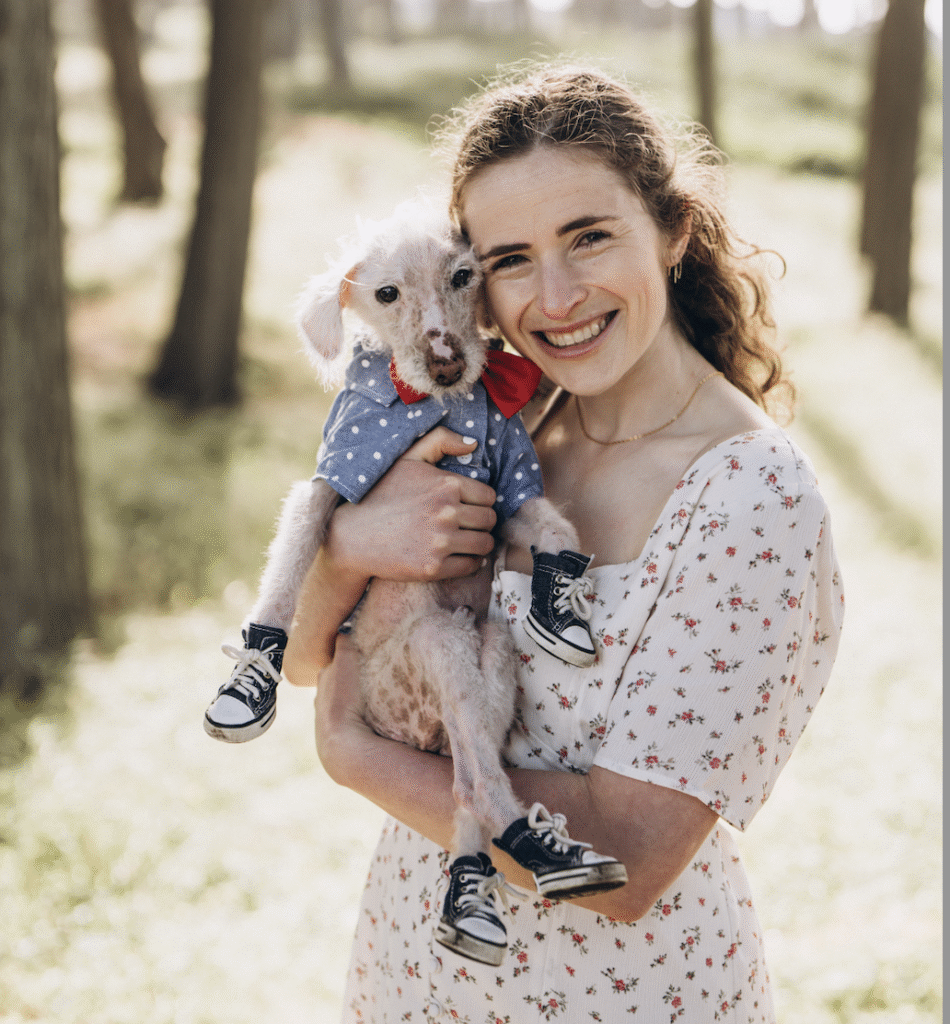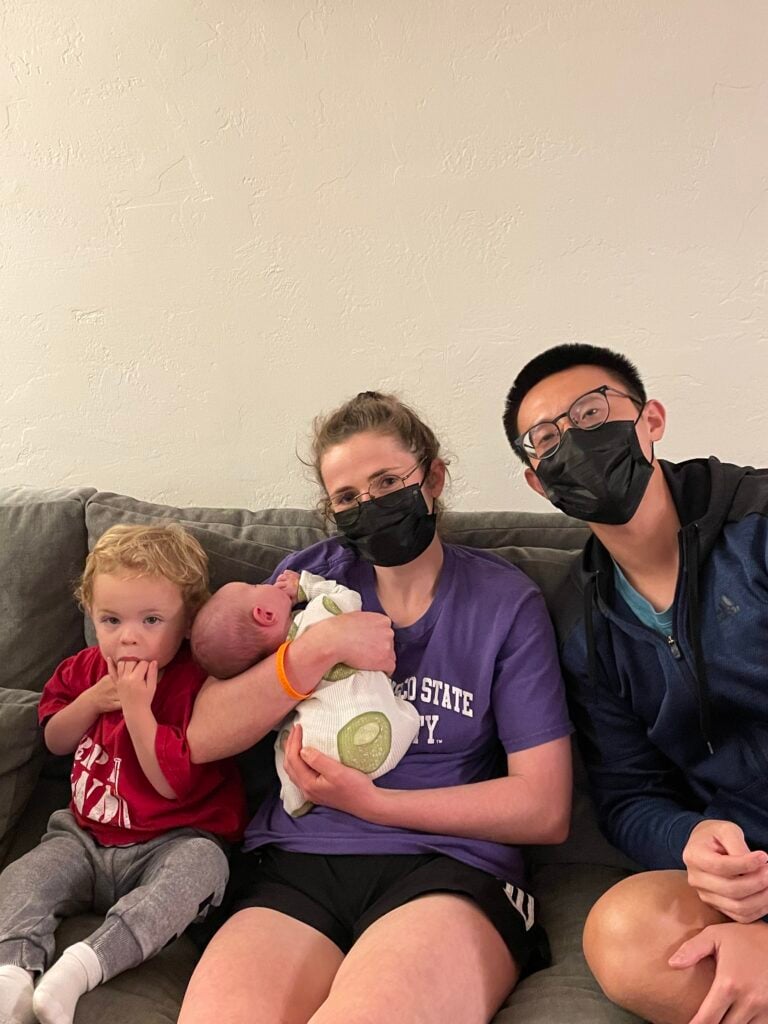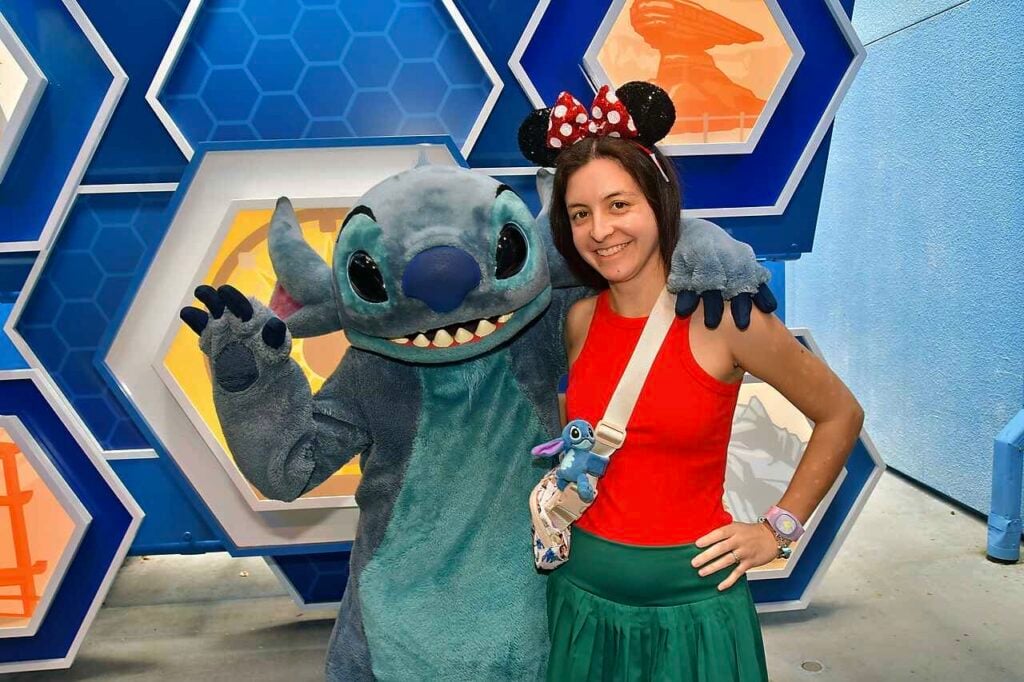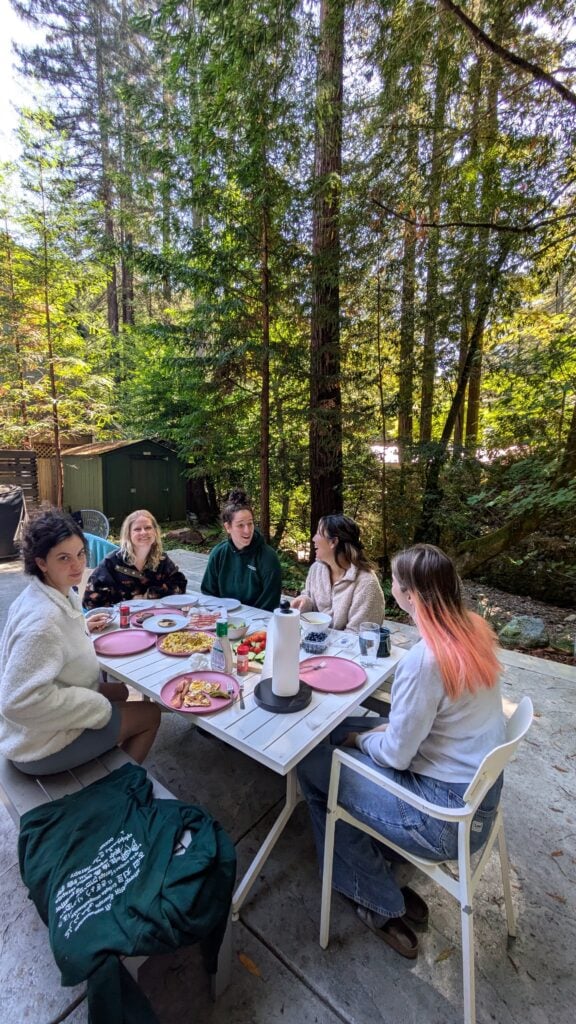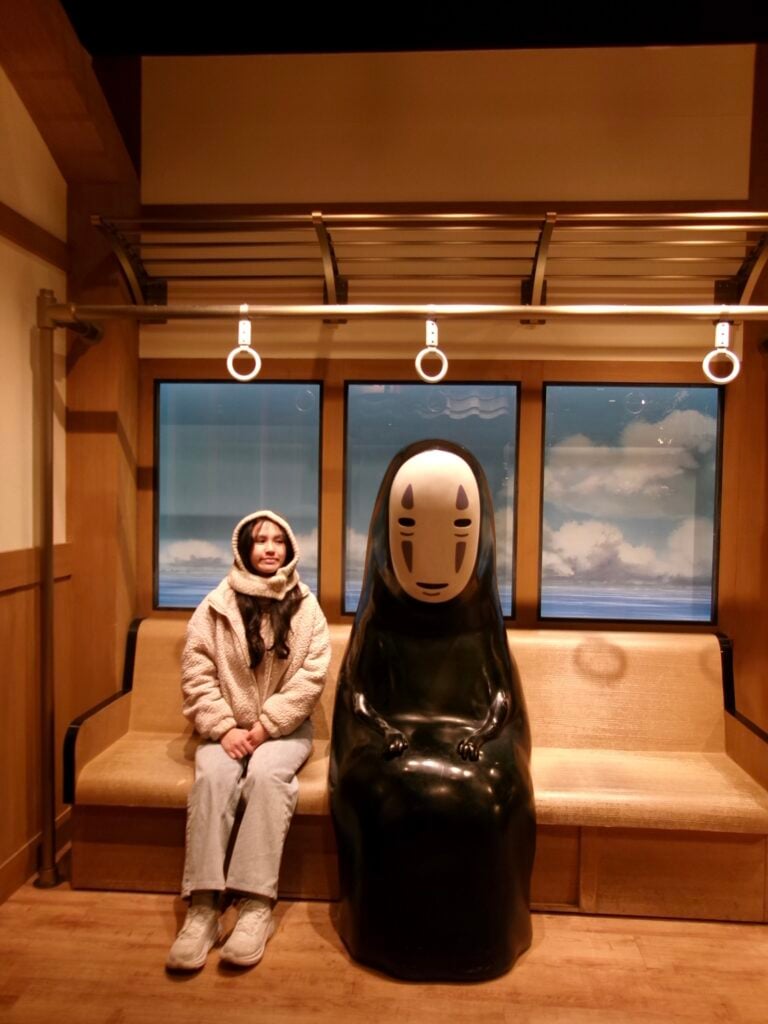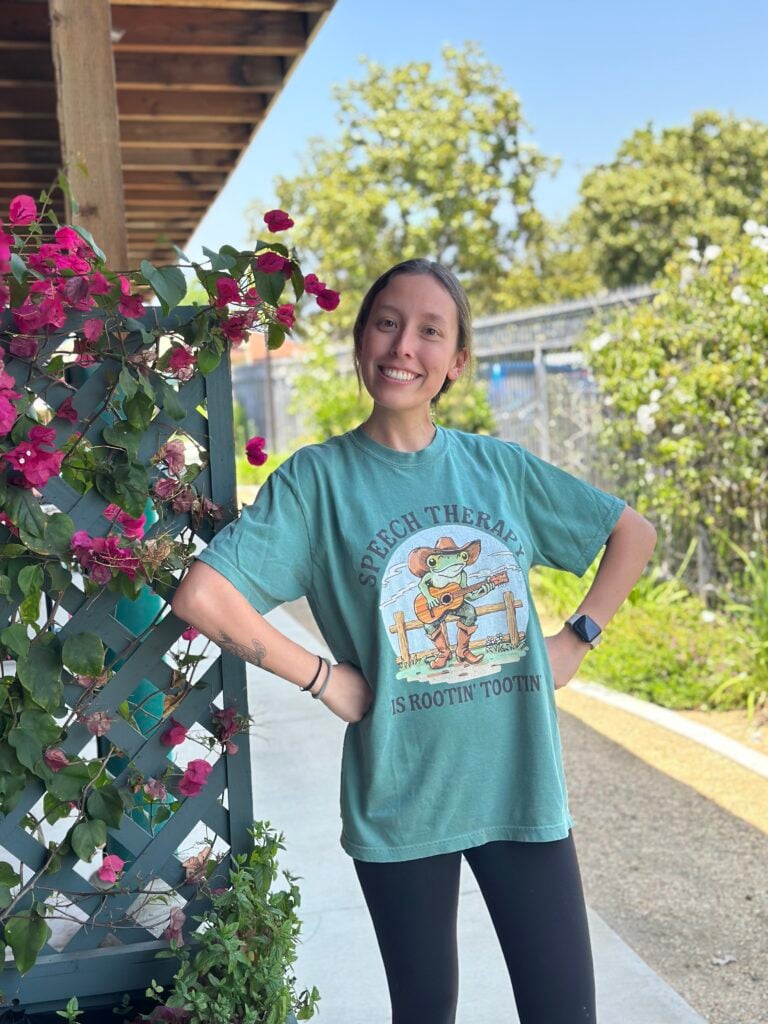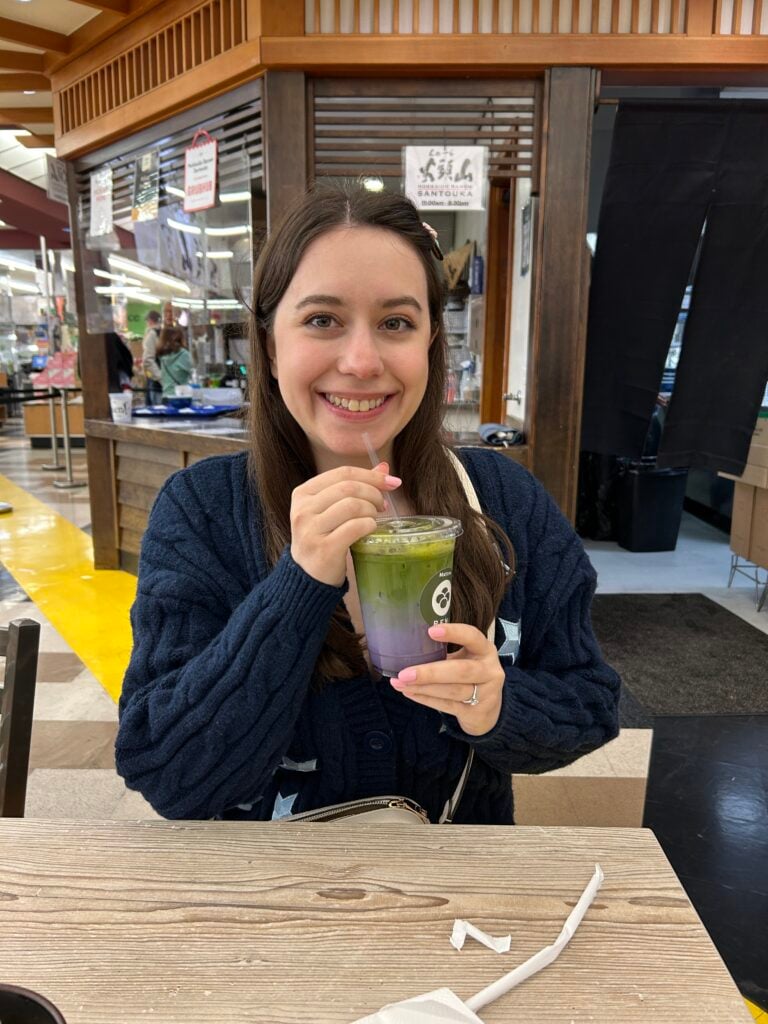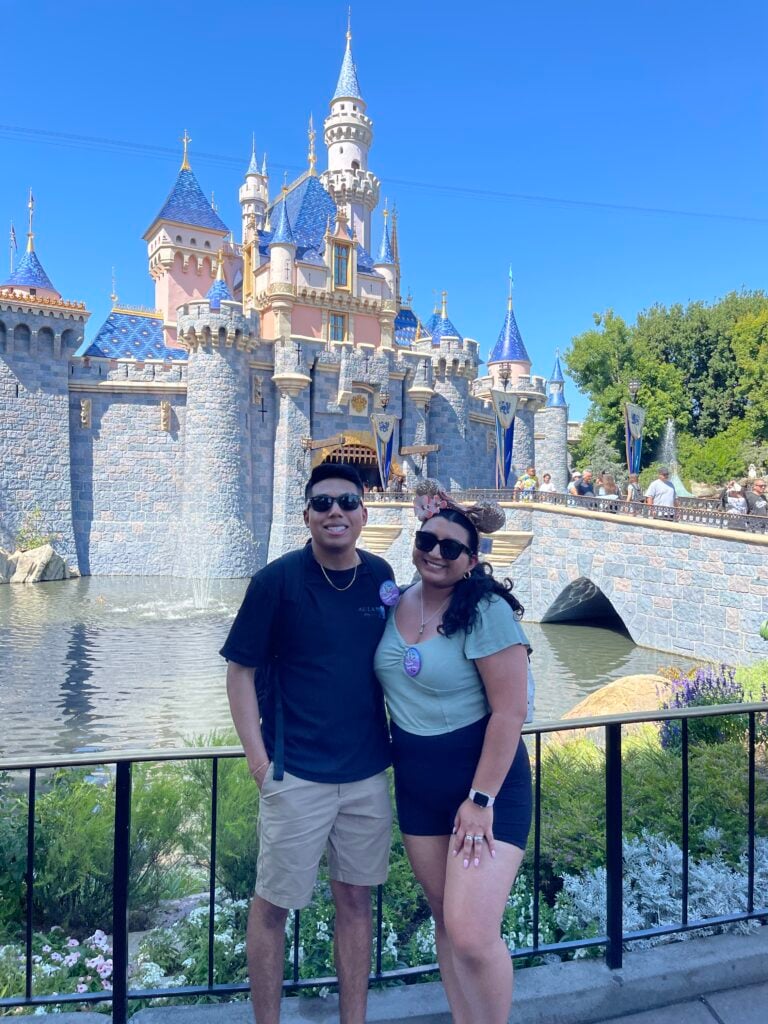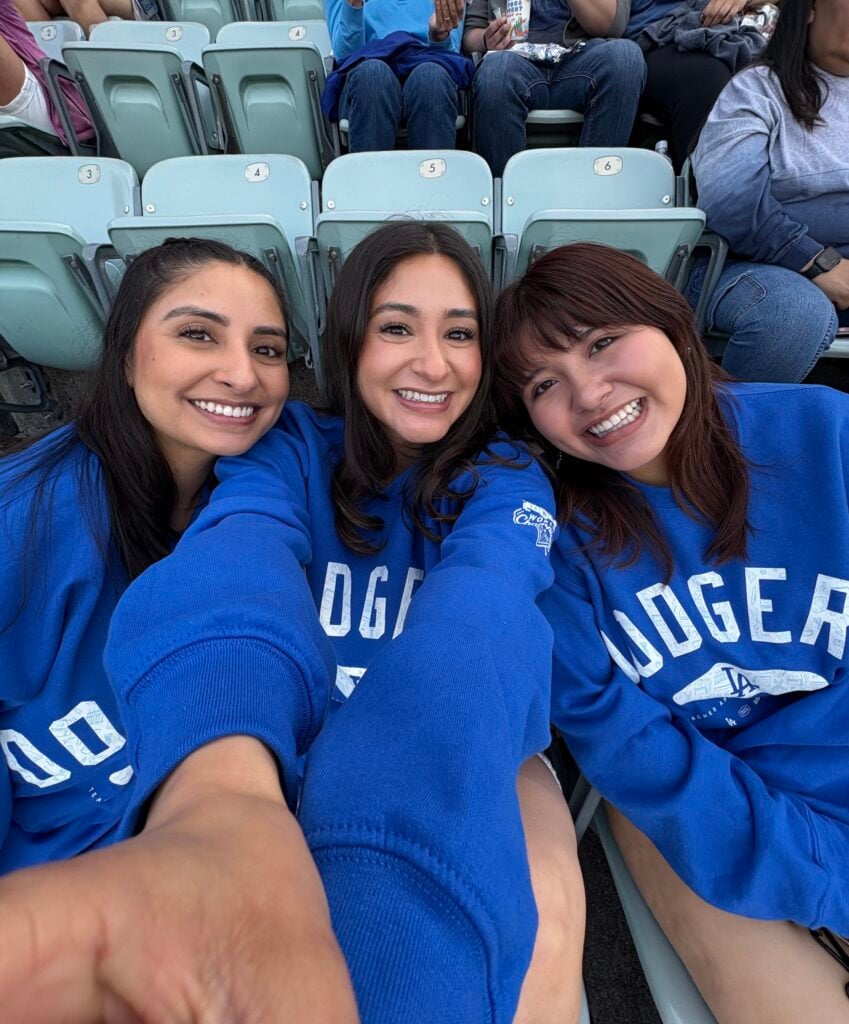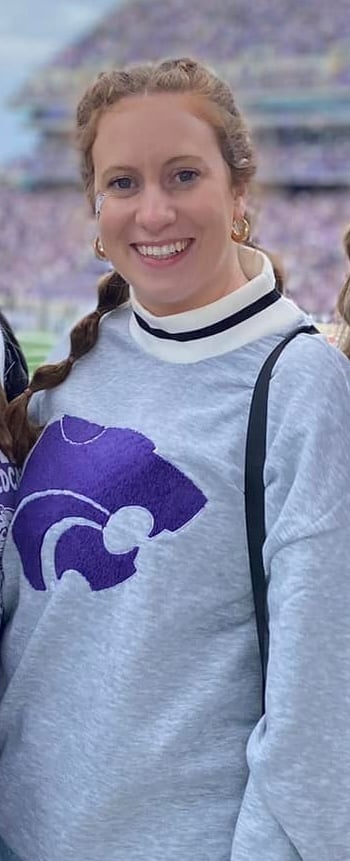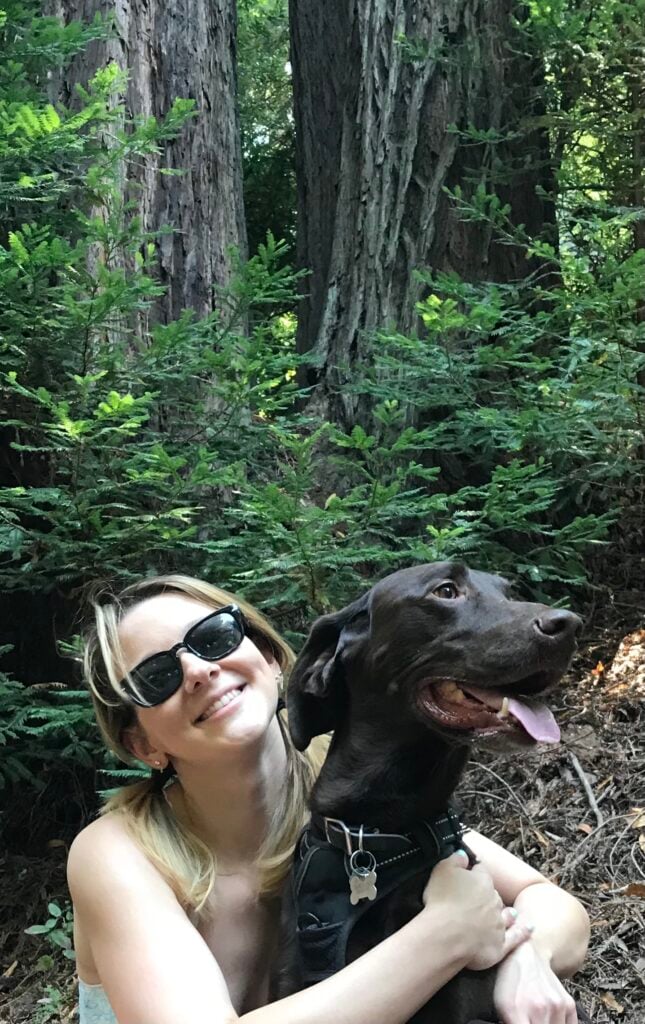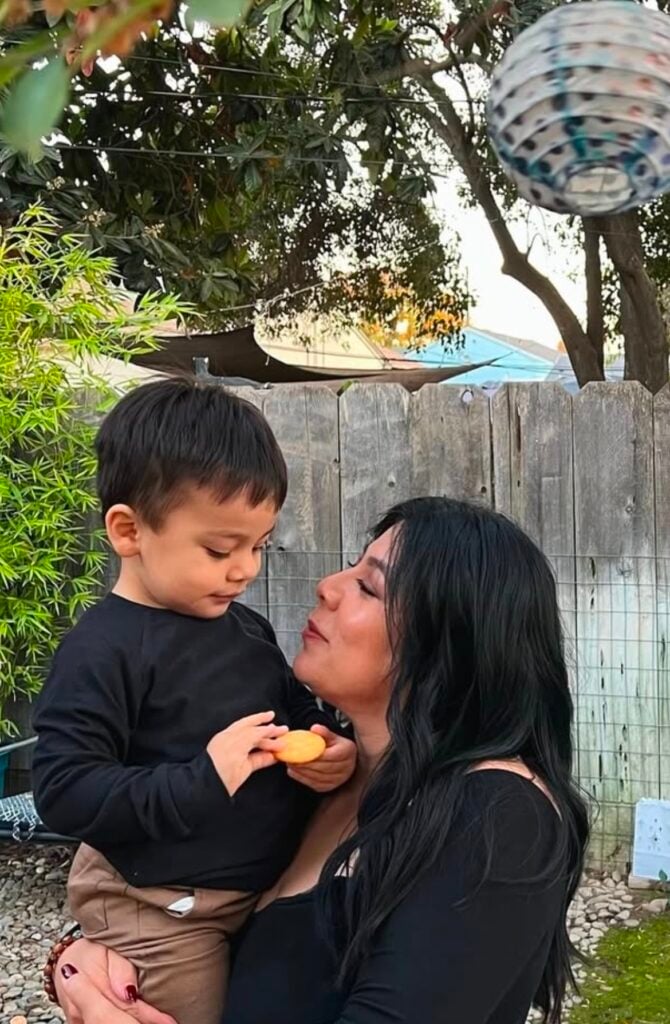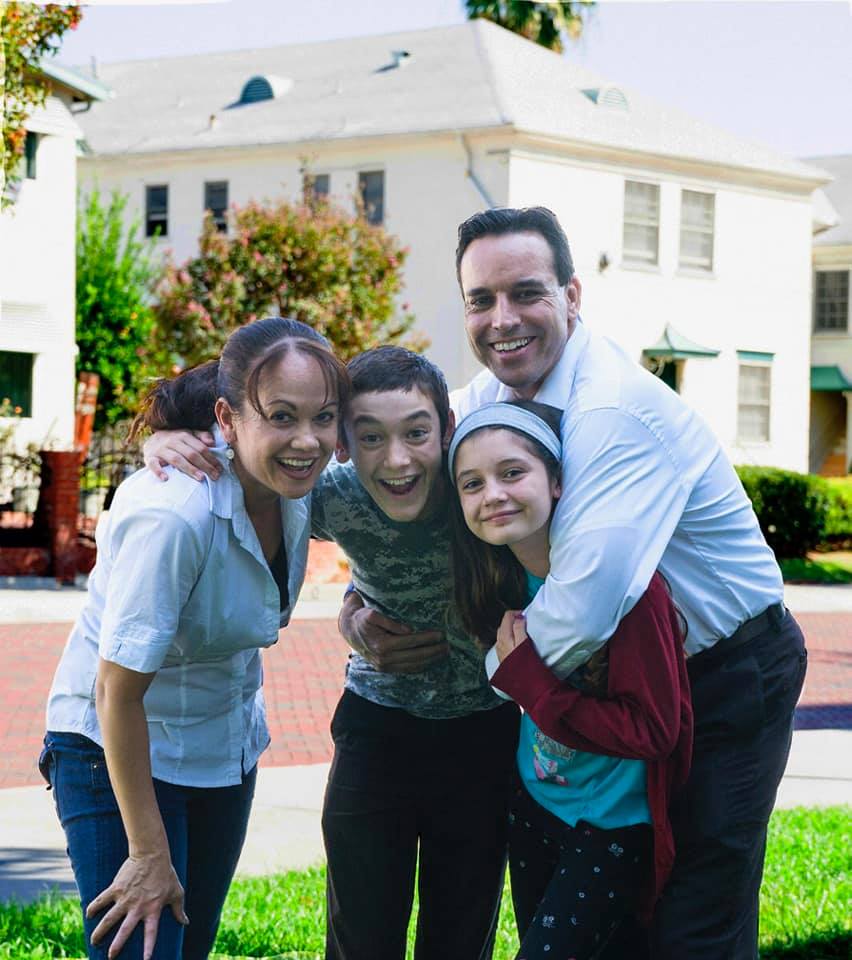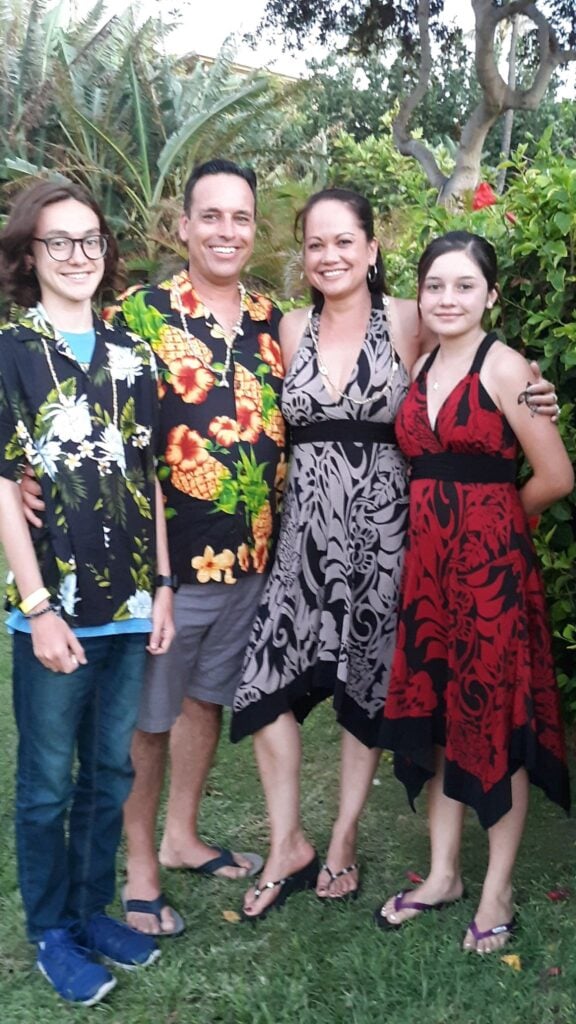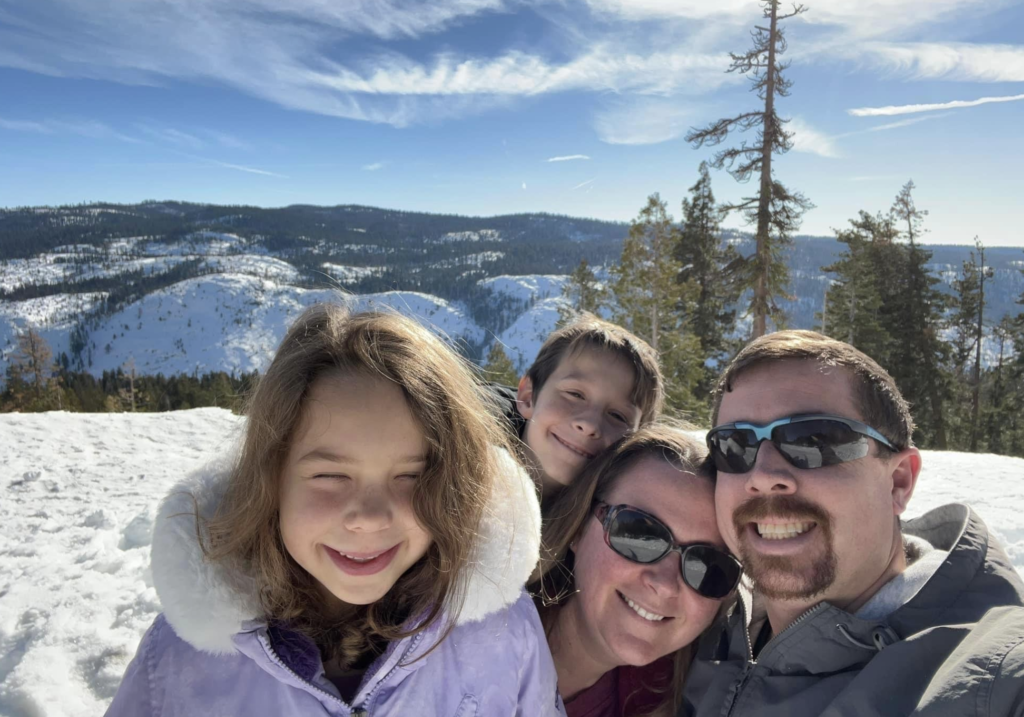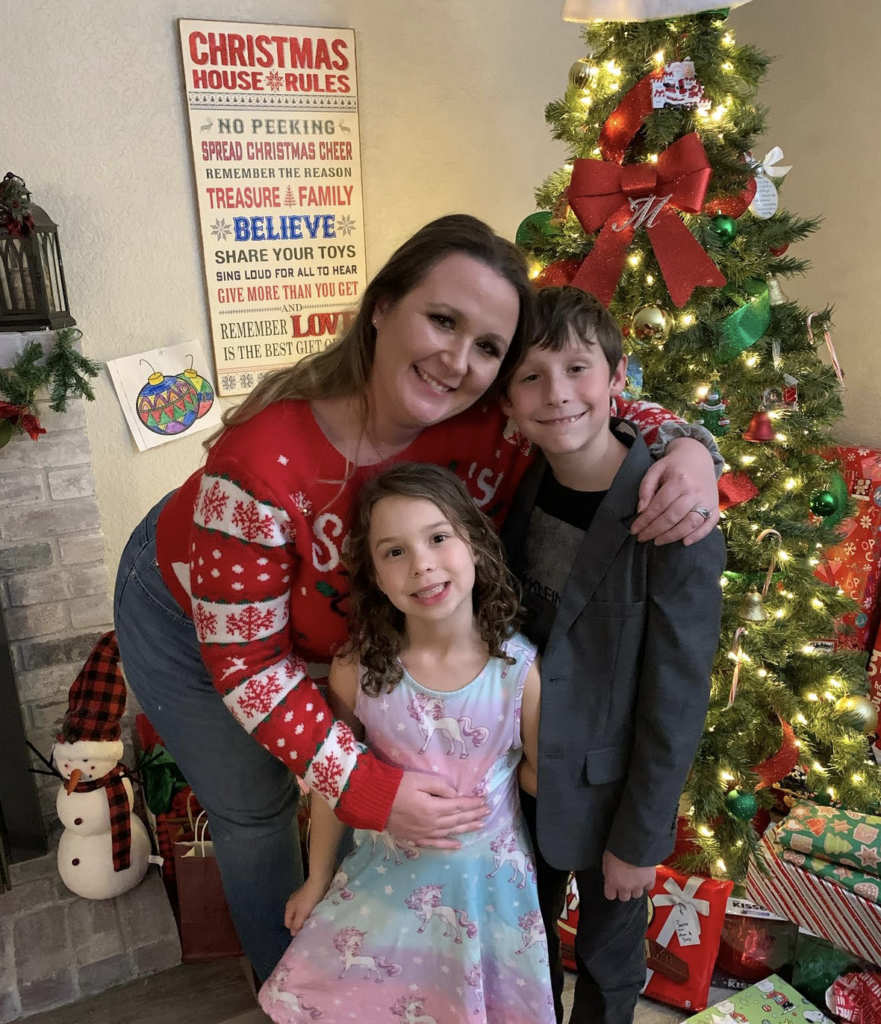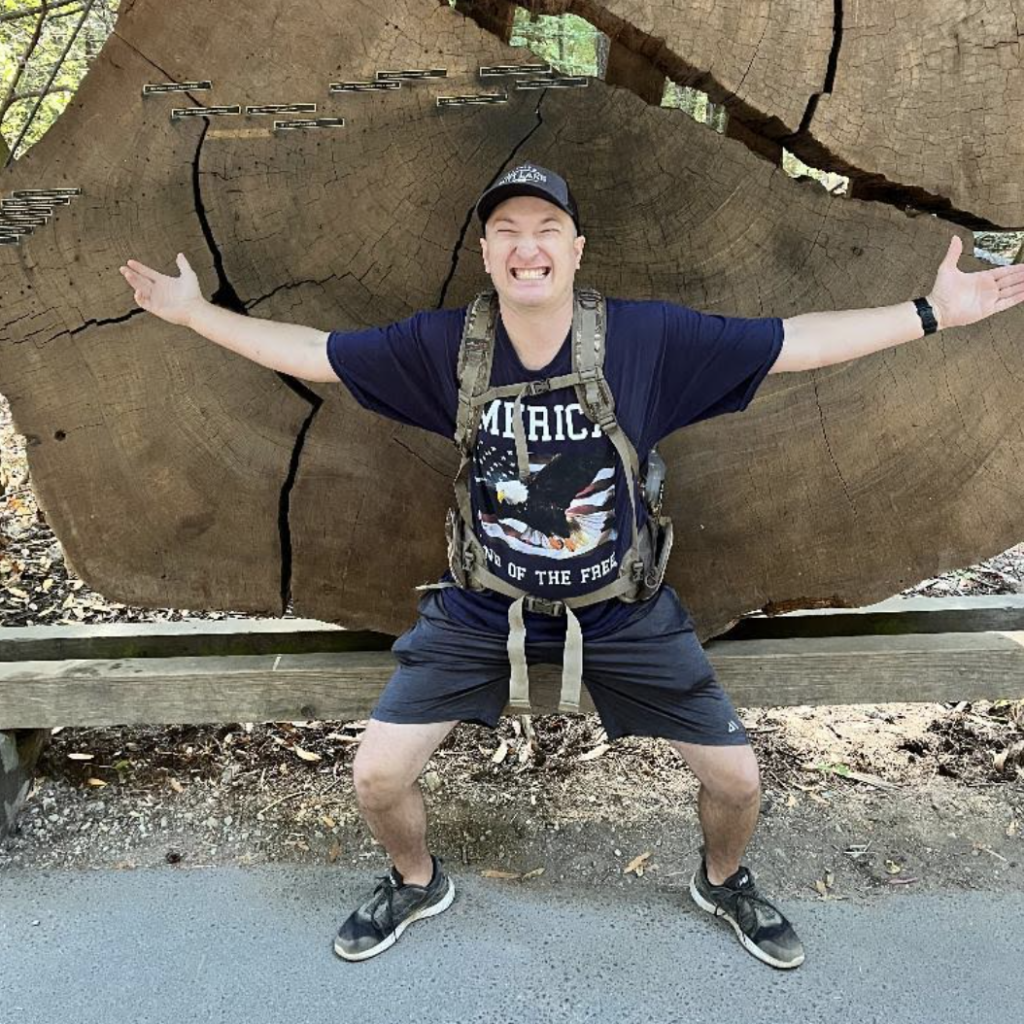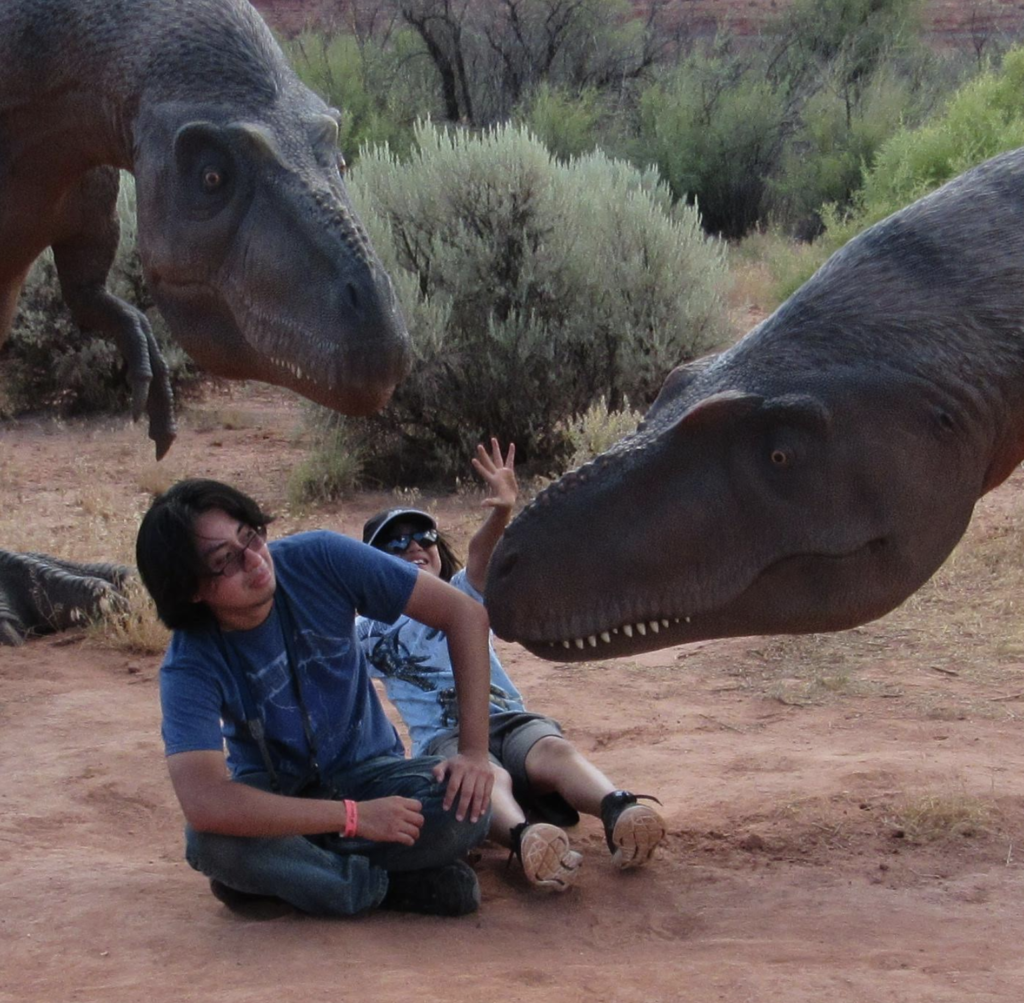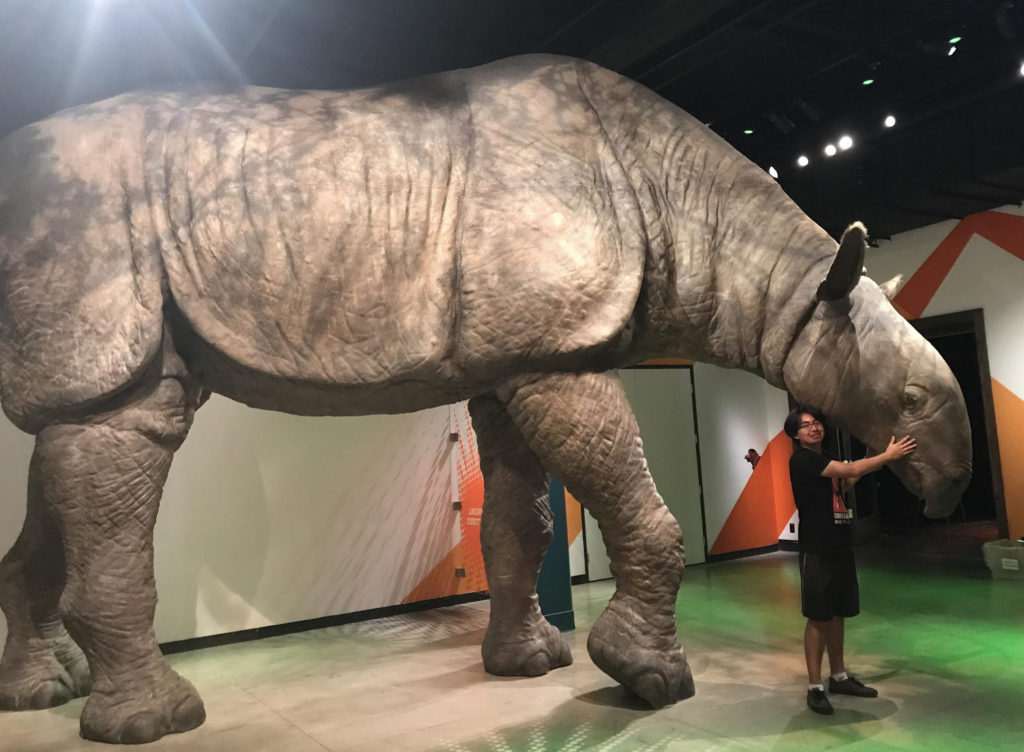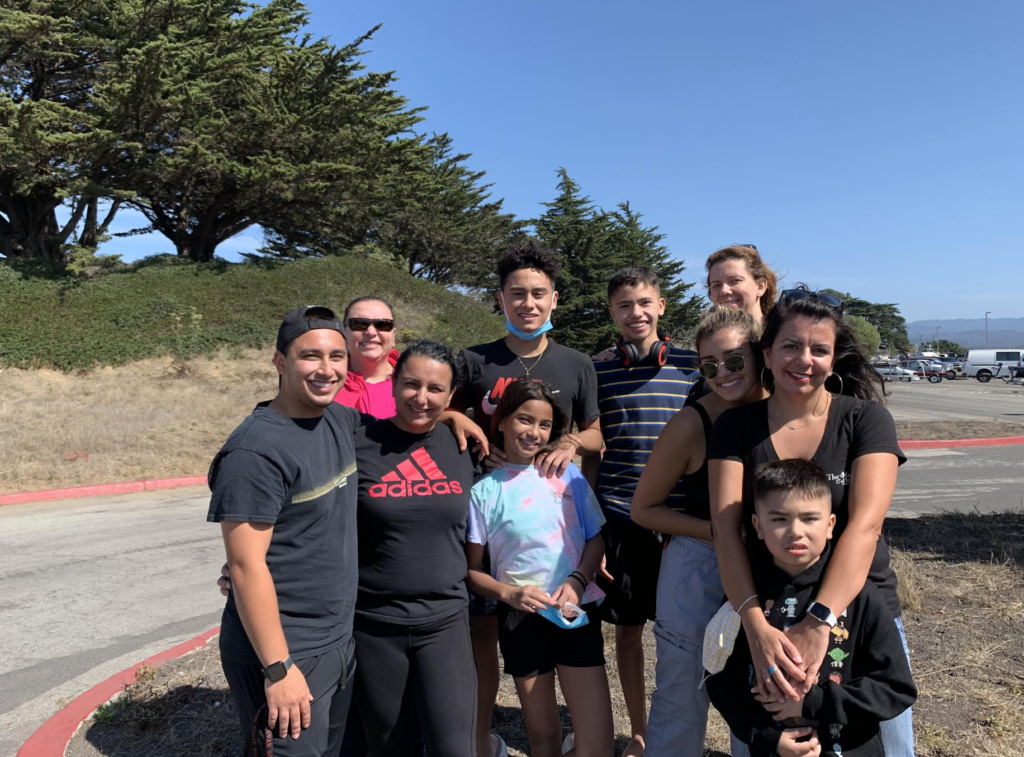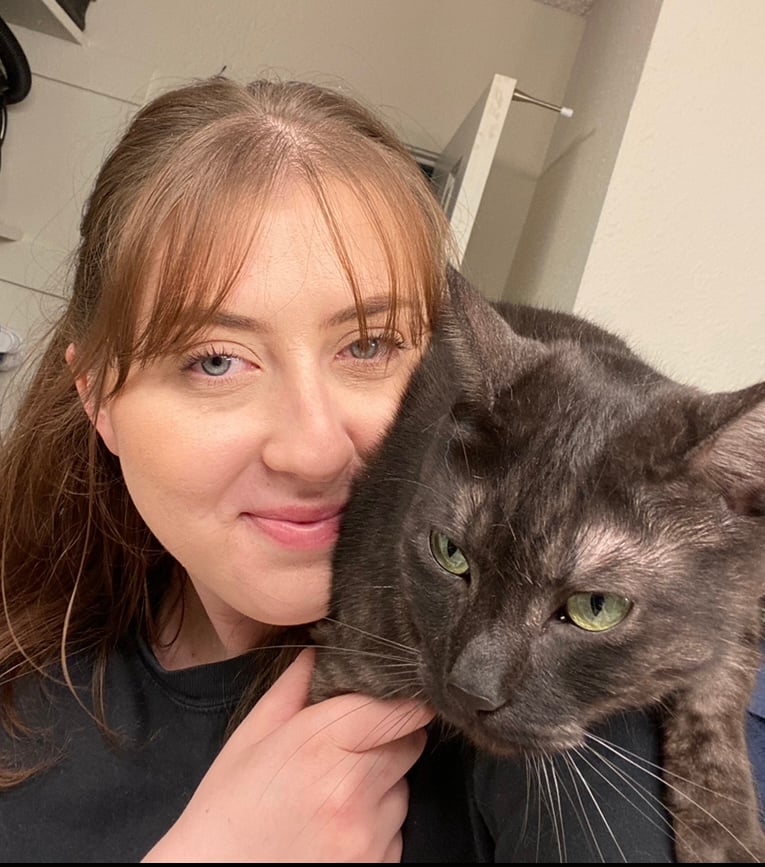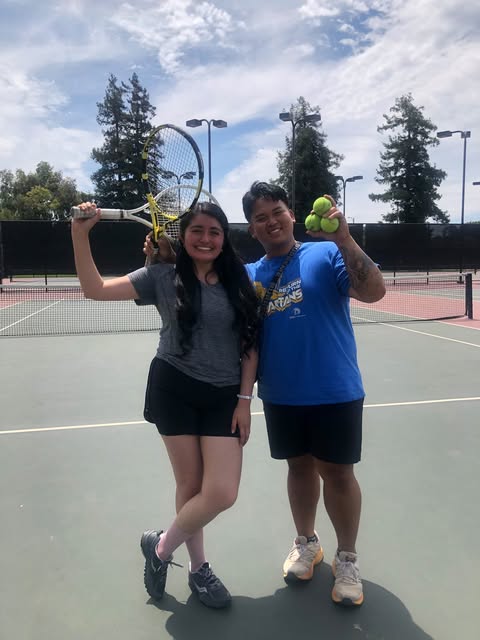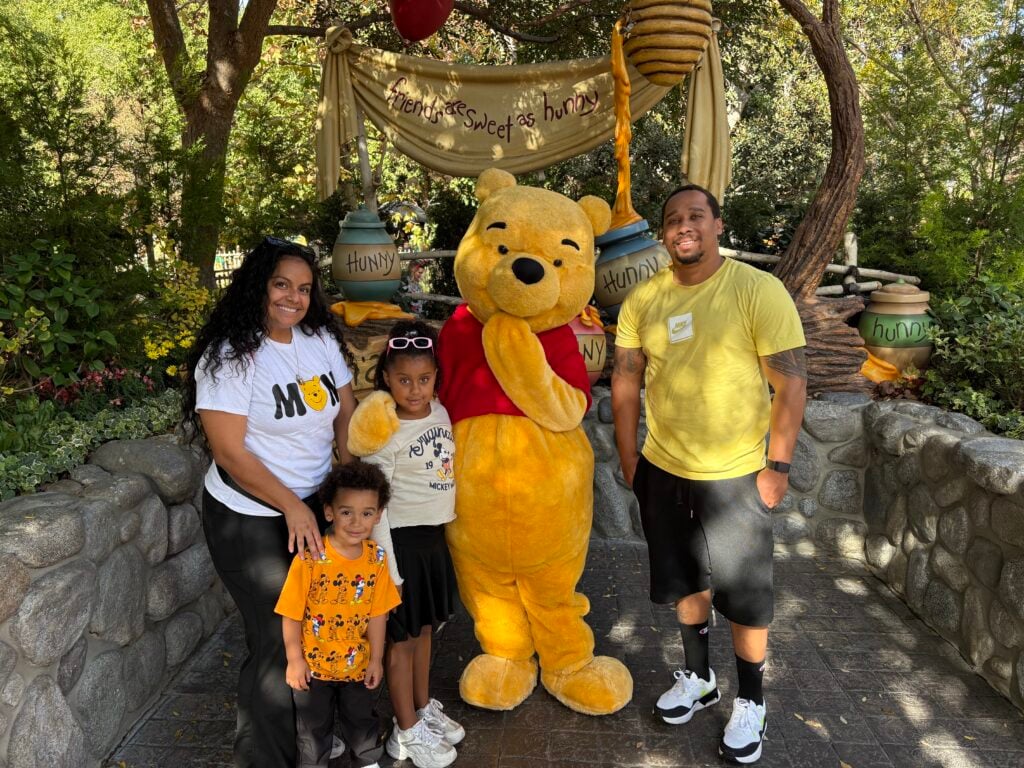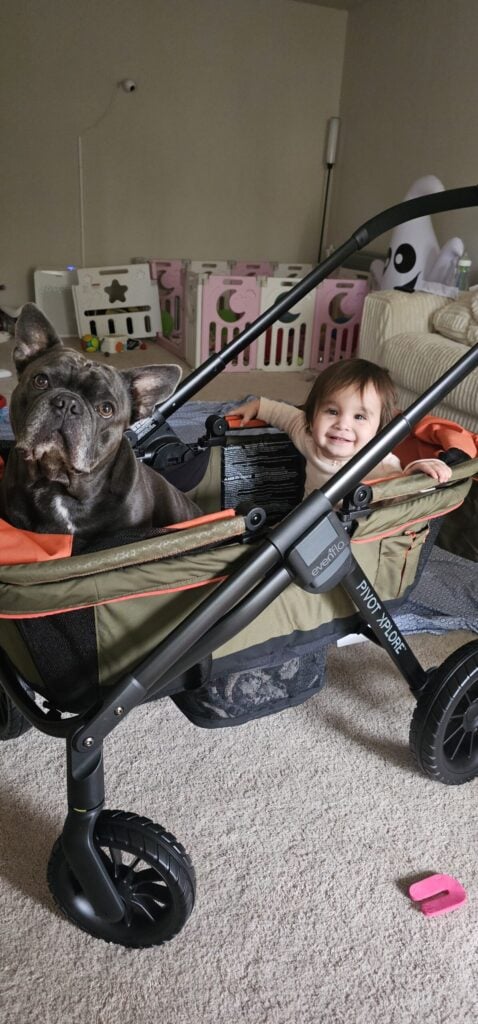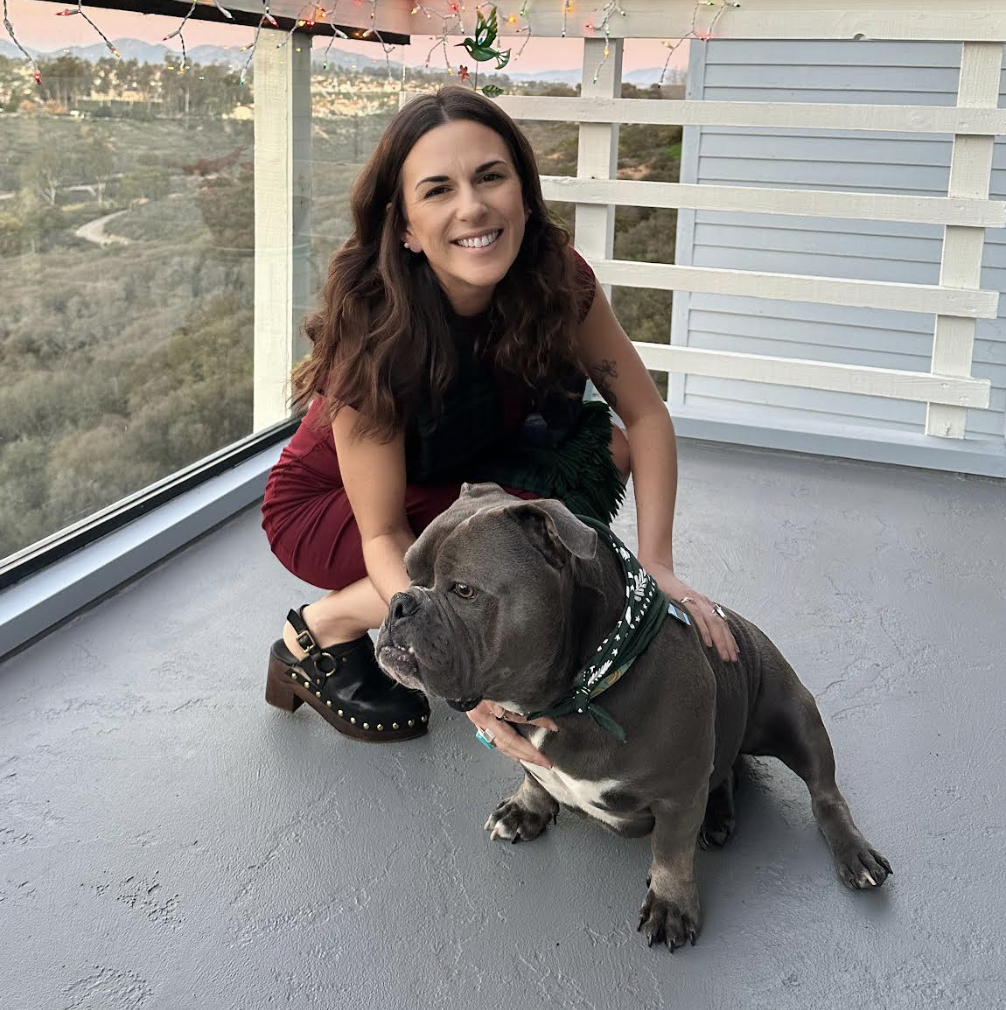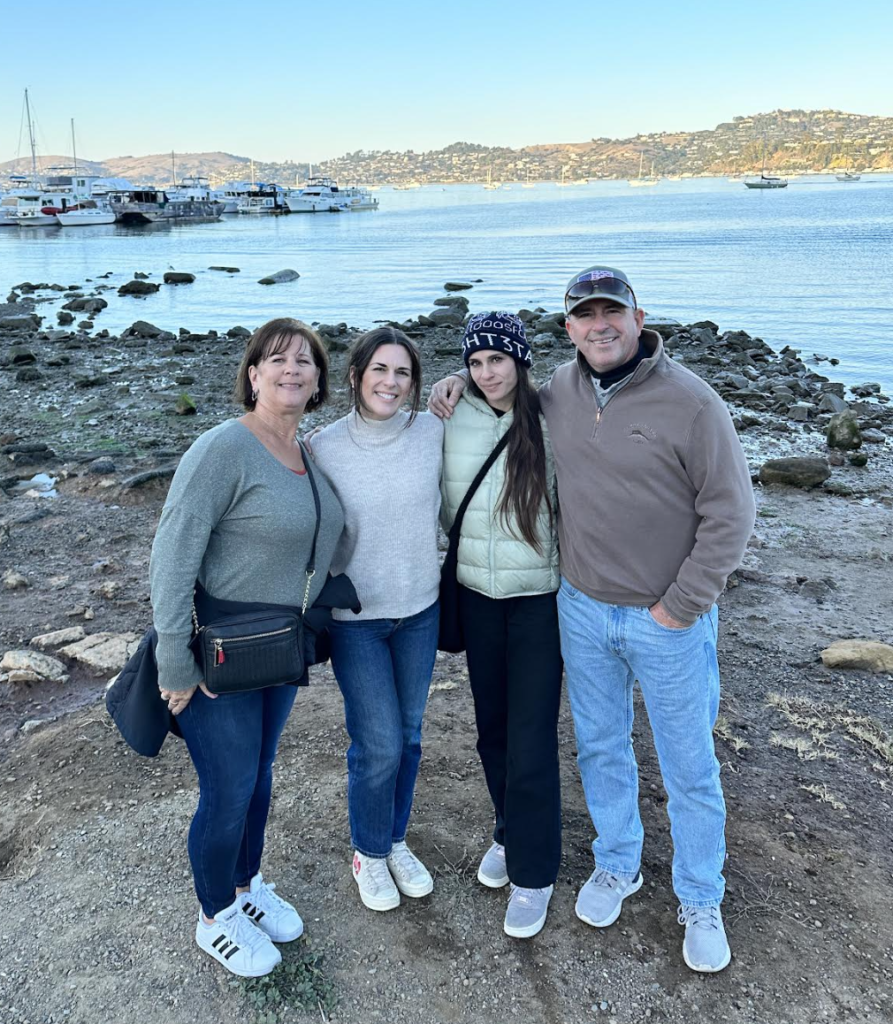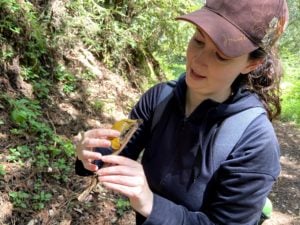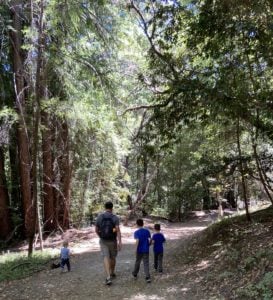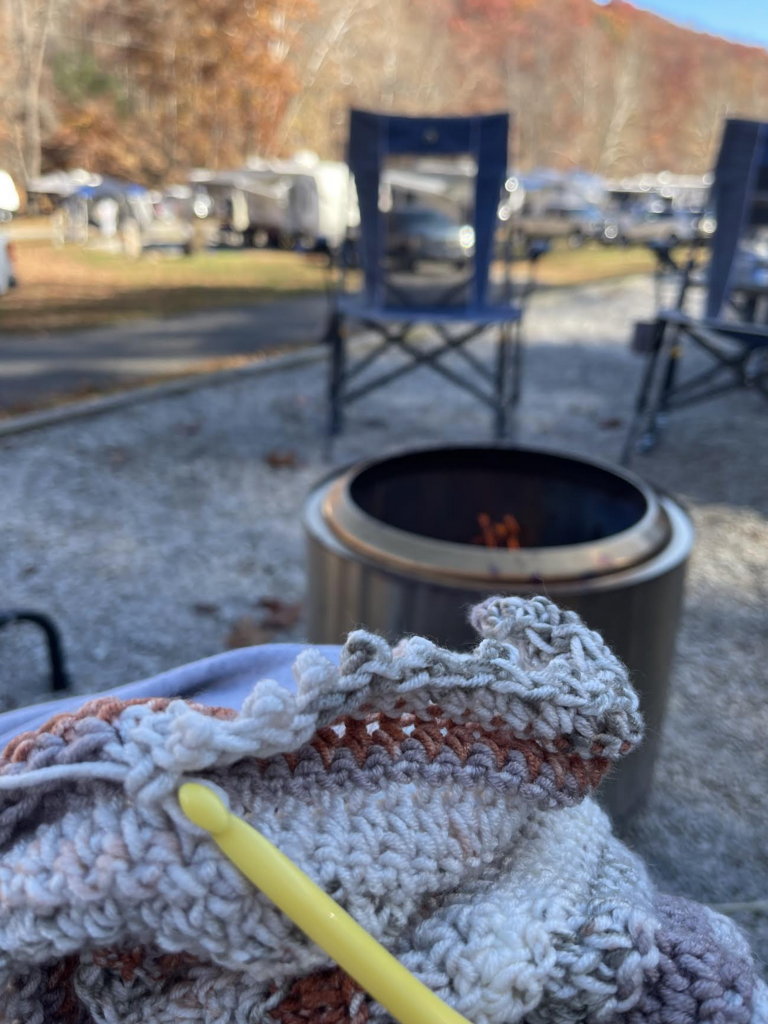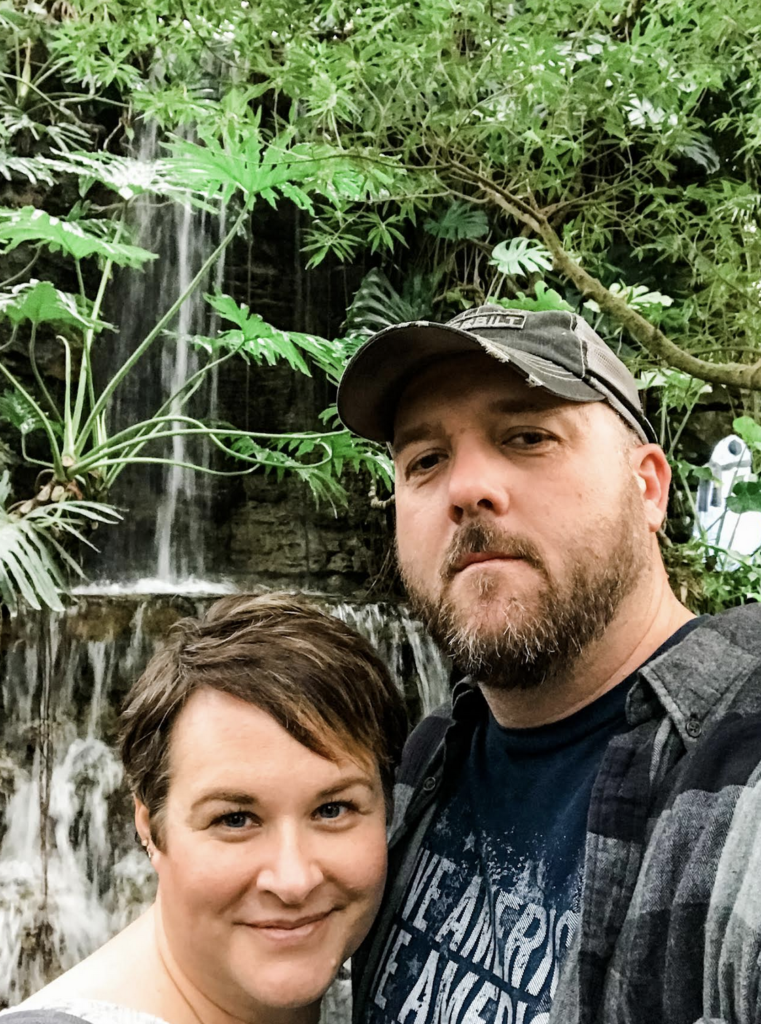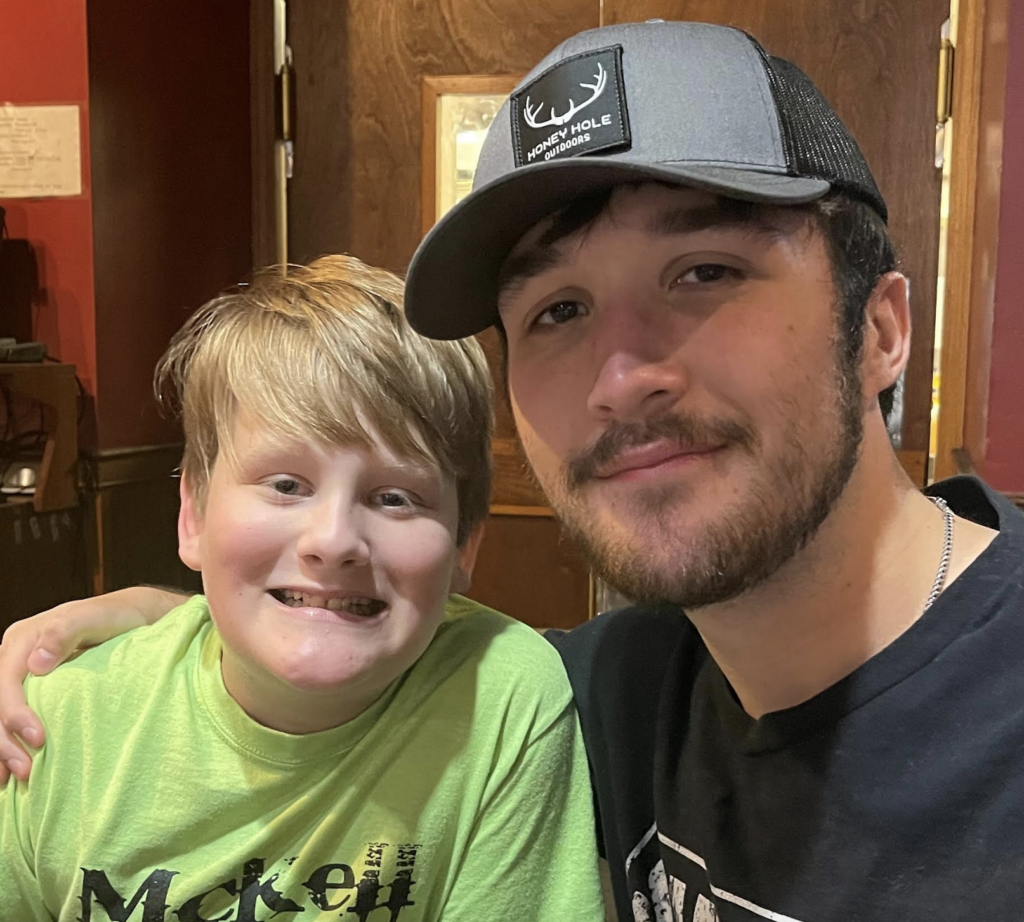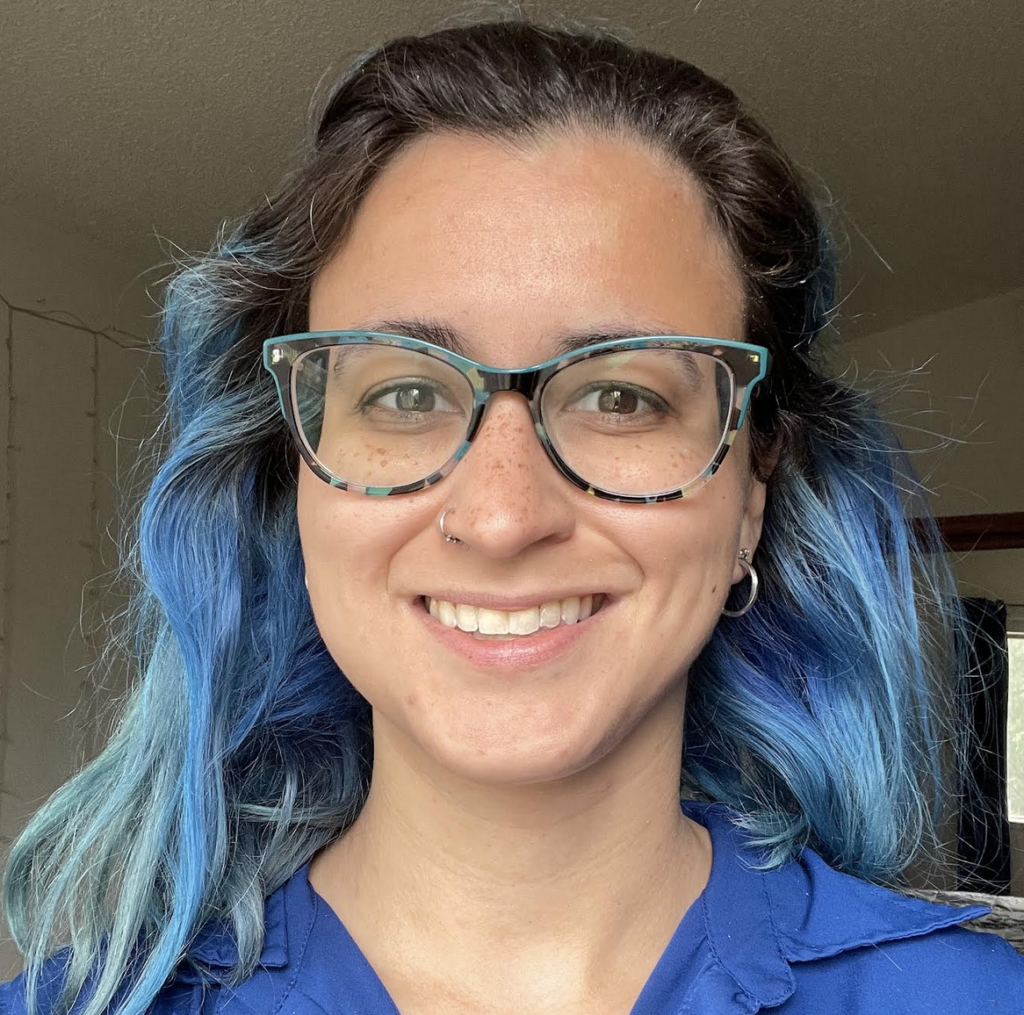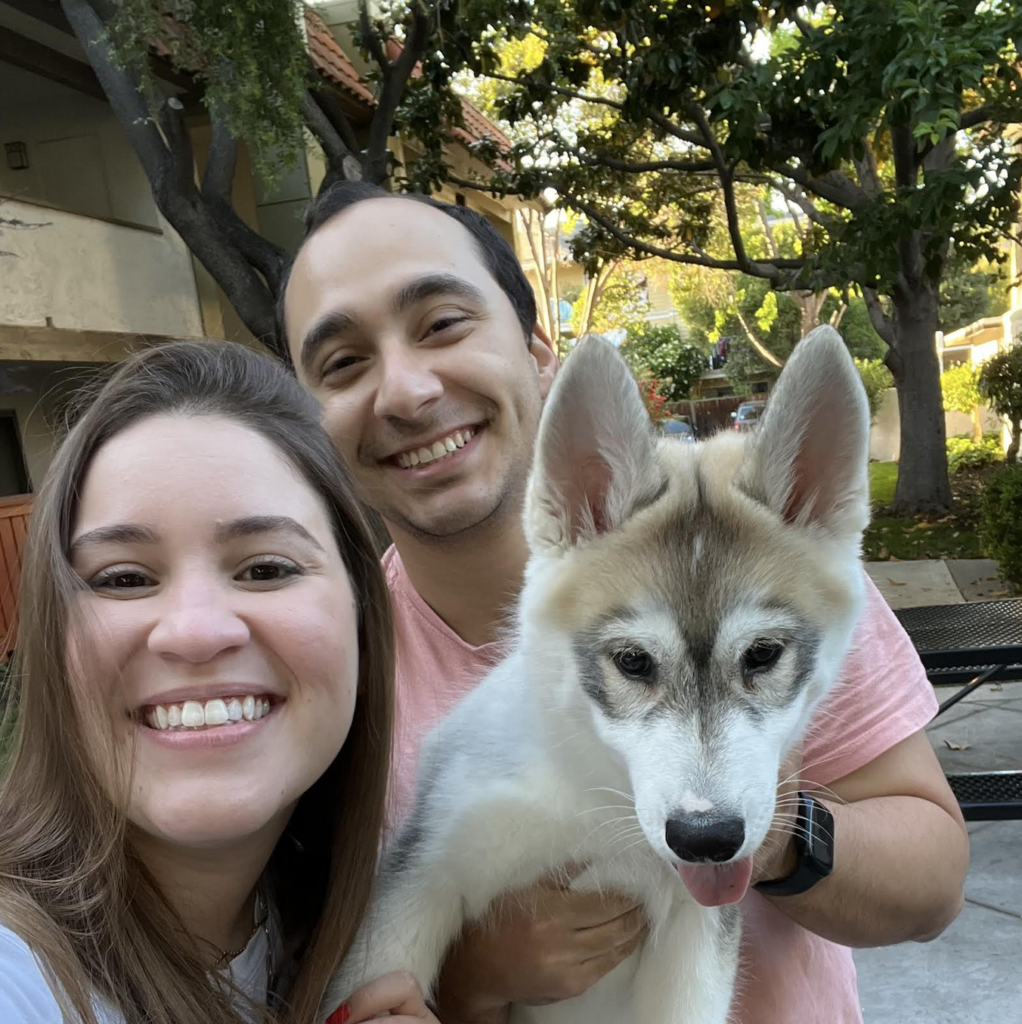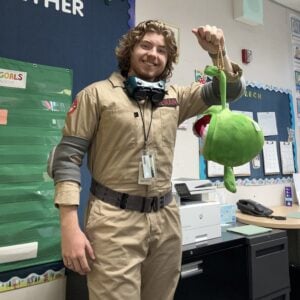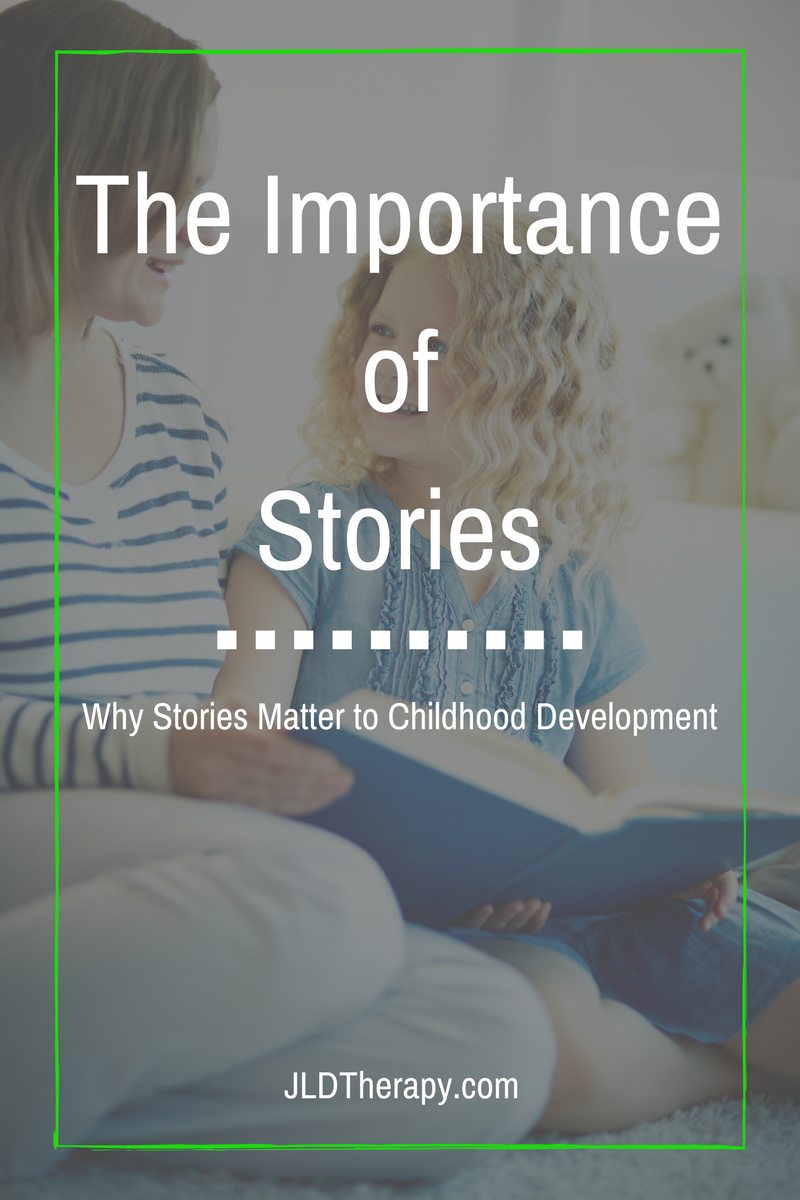
Stories! When you read this word, memories of childhood flashes in front of your eyes, am I correct? Same, for me. I remember my dad telling me stories of different animals, birds, great ancient characters, old stories, or sometimes he was creating a new story out of nothing.
Those characters impacted my tiny human brain a great way. I do not remember how, but, those stories played an important role in my developing social behaviors, expressions, gestures, and other communication skills as I became older.
I still sometimes remember how that ‘smart fox’ was snatching other’s food and how that ‘strong elephant’ was able to help everyone cross the deepest river!
The human characters and their different personalities in those stories and that too told to us through different expressions or read through picture expressions created a deep impression to know many people and their personalities.
I think, many of you, like me, are now able to judge other’s behaviors, responses, or any other characteristics just because they were super keen into story reading, or listening!
Why Are Stories Important?
But, why are we discussing stories today? I believe, remembering these old school strategies for our kids will bring definite change in their social skills. Social skills are not just limited to communication but it’s beyond that.
Understanding others, learning how to remain safe, discovering one’s emotions, finding tragedy in one’s life and discuss how to solve those matters, identifying gestures, getting to know visual or auditory expressions of others, being able to implement similar strategies when needed and much more!
We don’t like inappropriate behaviors from others such as laughing in front of us when we are telling them the deepest sorrow of our lives or giving us a mask-face when we want them to cheer-up something or at least respond with a little smile. We never go back to those people for sharing anything. Right?
Children Are Always Learning
As we all know, a child is always learning. A child learns what he/she sees, listens and explores from their nearest environments such as home, school or therapy room. Sometimes they love the food what their favorite character loves to eat just to become same way stronger or smarter, and sometimes they develop the same hobby as their story character.
Many of us still have similar experiences. Am I correct? That is why I call this blog as “magical stories” as they create magic in our lives. Many children learn, explore and know things through different stories and they relate the real life situations with their stories. Being in the pediatric occupational therapy field, I would say, stories create a great effect on children with autism of all ages.
Social Stories
So we all know the importance of stories, but wait, what are social stories? “Social Stories are a social learning tool that supports the safe and meaningful exchange of information between parents, professionals, and people with autism of all ages” (Carolgraysocialstories.com, 2017).
Their restrictive repetitive behaviors could become more organized, and meaningful if they are exposed to specific picture stories in an occupational therapy way. So here comes the tricky part. The social stories are picture stories created for every individual as per his/her needs by a skilled occupational therapist as per various concerns demonstrated by parents.
Another benefit of social stories is that kids can be more engaged in the visual and auditory format of their own picture or a picture symbol of similar gender in those stories, to correlate themselves into a similar situation. (Do you remember that we just discussed loving the same food what my favorite character from the story loved?).
Stories and Autism
There are plenty of situations to address among kids with autism such as
-
- Going to the restaurant
- Crossing the road
- Potty training
- Taking turns
- Sharing your food
- Doing homework
- Greeting strangers at home or school
- Handling unexpected behaviors from other
Stories and Therapy
The occupational therapists help parents and educators to understand important areas of occupation for every child who needs to improve social behaviors in many different social situations. The personalized templates of different social stories are available in the market (Autism Speaks, 2017) or you can consult your Occupational therapist to guide you further create stories as per child’s concerns.
A combination of occupation based social stories along with your child’s OT sessions by a skilled occupational therapist would enhance a variety of social behavior and communication skills. Such needful skills would create an extraordinary engagement in our kids’ daily lives.
The occupational therapists’ educational background in the anatomy, physiology, neurosciences, psychology and child psychiatry as well as child development – specially in their motor planning, sensory processing, problem solving, decision making, motor learning and cognition allows for activity analysis, task adaptation tools and techniques and environmental modifications as per social behavioral demands.
The specific training in child neurology & psychology allows OT practitioners to address various child related social skills, self-confidence, self-esteem, communications, peer-behaviors, and activities of daily living skills enhancement to promote meaningful independence in each task despite of a variety of environment and situations for any individual.
And last but not the list, magic is not a miracle, but it is created. Get your child more engaged in the stories and anyone could bring the magic home in every important occupation of our child.

